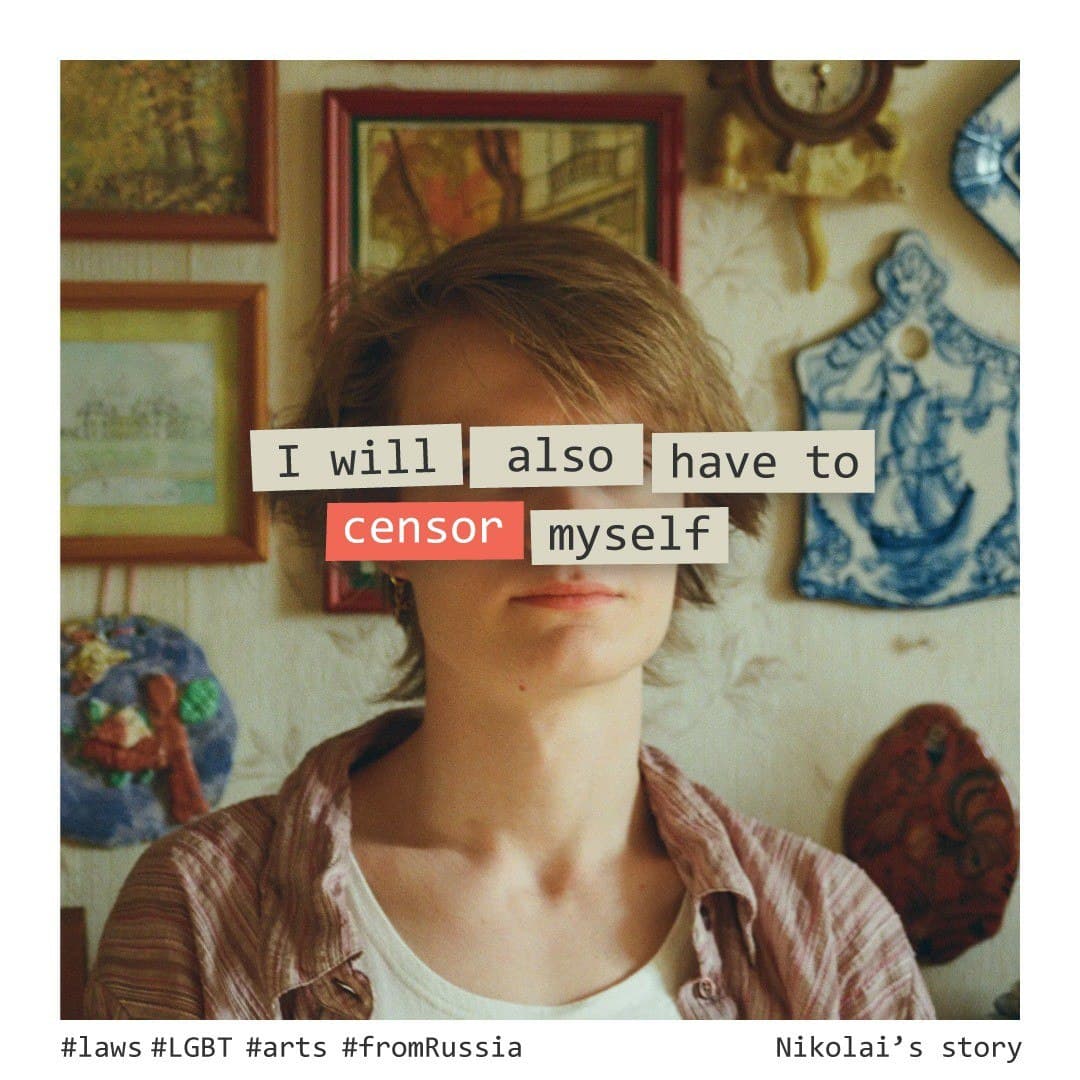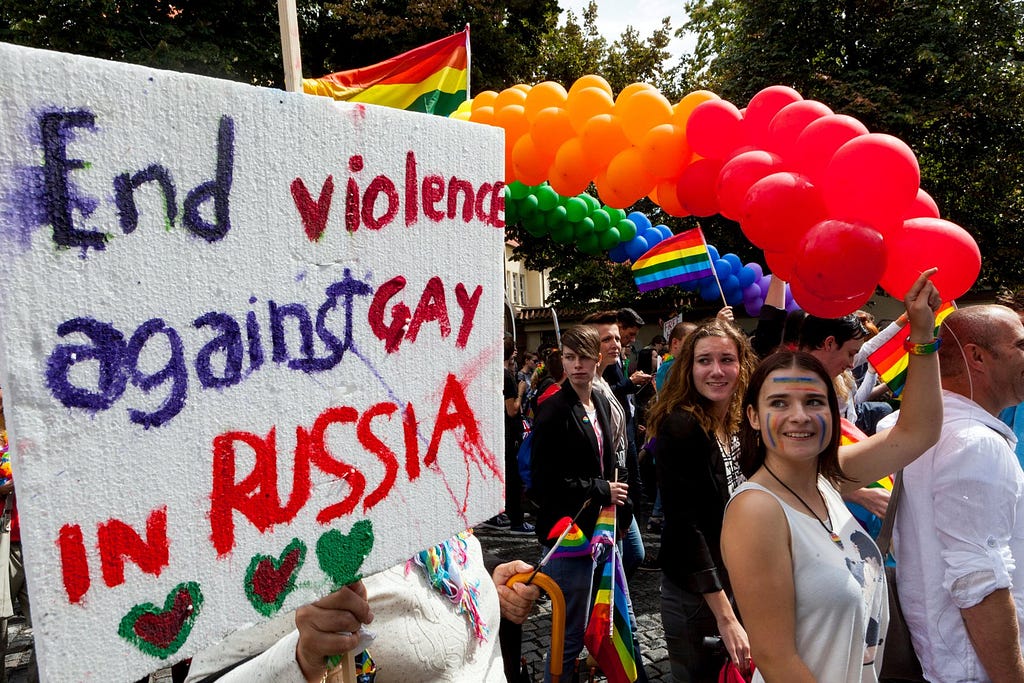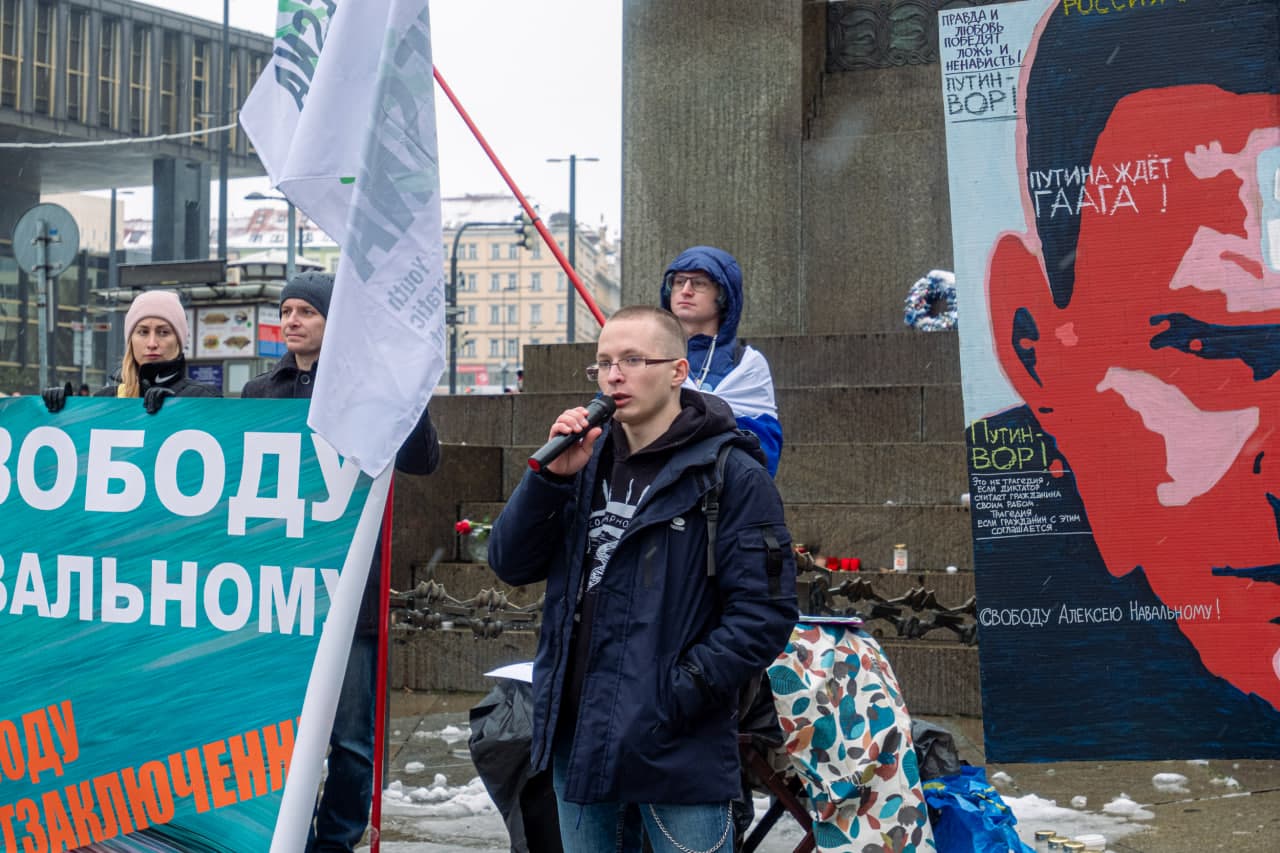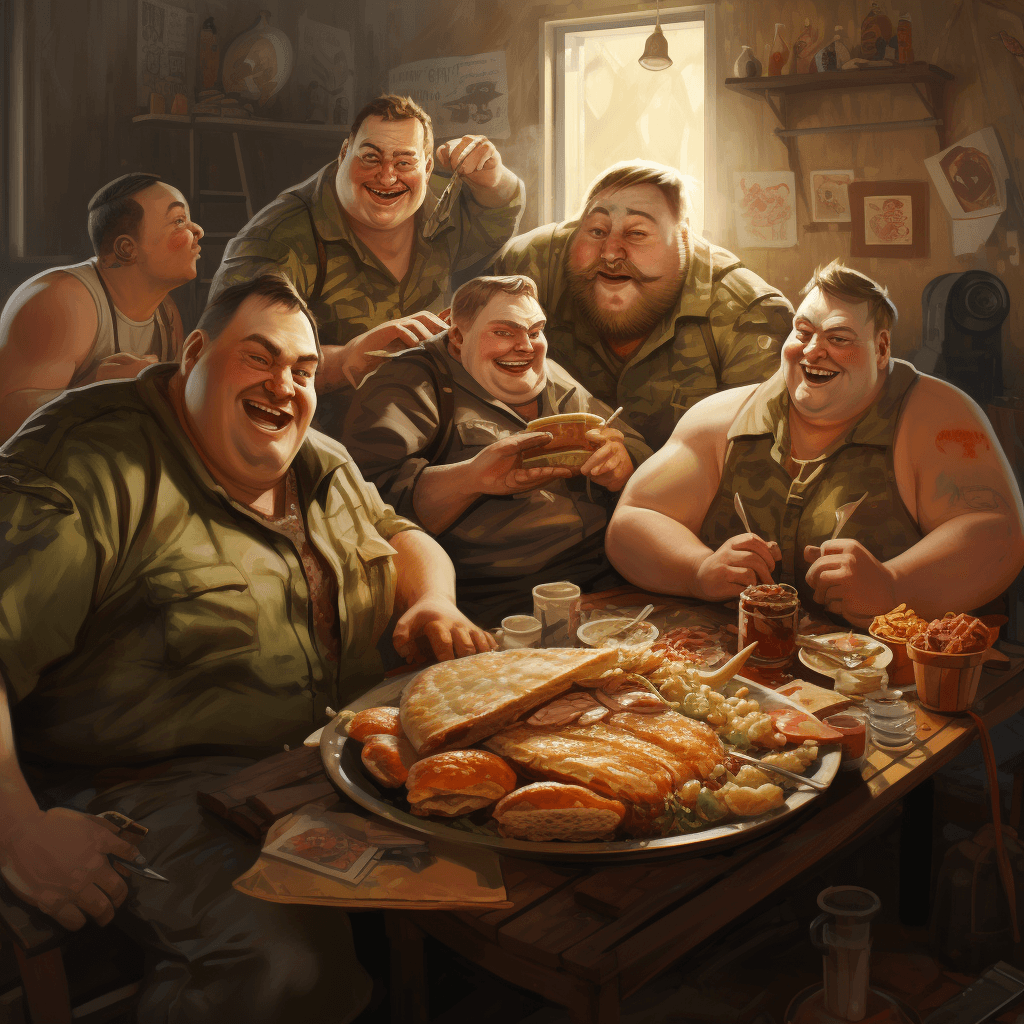How All of Russian TV Became State-Controlled
Short biography of the freedom that never happened.



I am an artist and a queer. I would like to tell my story as part of the overall Russian context. I will also have to censor myself.
Perhaps I should start out by saying that I am against this criminal, senseless so-called special operation and most of the decisions made by the Russian government. I consider this government illegitimate even under the laws of the Russian Federation; I do not take these people as my representatives and spokesmen of my political position. I believe that the Russian government doesn’t represent the political will of the majority of Russians. The decision to start a special operation was made without my participation, without the participation of Russian citizens and their legitimate representatives in the State Duma. Moreover, it did not correspond to the expectations and sentiment of Russians, which can be seen, for example, in pre-operation TikToks, YouTube shows, posts on social media, and other sources not affiliated with the Russian government.
I believe that in Russia there is actually only one party — the State Duma, in other words, there is no multi-party system as it is. The multi-party system is only a word in Russia. (There are conventionally independent people in the government of Moscow, but these are exceptions.) Decisions made in the State Duma do not correspond to the aspirations and will of the electorate, mandates in the Duma are bought and given to people loyal to the government. Electors are forced to vote for the “right” candidates and threatened with dismissals and suspensions in an atmosphere of persecution of independent journalists, activists, and dissenters (I was threatened the same way in the university),and electronic voting, where votes are actually stolen.
Being a journalist in Russia means a risk of being fined (too many examples to list), imprisoned (Alexander Sokolov, Ali Feruz, etc.), killed (Anna Politkovskaya, Magomed Yevloyev, etc.) and driven to suicide (self-immolation of Irina Slavina after house-checks and years of pressure), depending on your integrity and luck. Since the beginning of Putin’s rule, journalism in Russia has been gradually destroyed. By the beginning of the “special operation” in the Russia there was only one radio station, accessible to the wide audience, presenting the views, different from the government and one TV channel, operating only on the Internet (both are inactive at the moment). Existing TV channels, newspapers, magazines and other media are obliged to cover the situation according to the state sources, at the risk of imprisonment (Federal Law №32-FZ of March 4, 2022 “On Amendments to the Criminal Code of the Russian Federation, and Articles 31 and 151 of the Criminal Procedural Code of the Russian Federation’ 1 — up to 15 years).
As a gay man in Russia, I can’t participate in human rights and educational activities without risks if they are directly related to my area of interests: that is helping people people similar to me come to terms with their homosexuality in an extremely patriarchal, homophobic Russian society (under the so-called “law on gay propaganda” the fine varies from 4–5 thousand rubles up to 40–50 thousand rubles.)

Protesters in the Czech Republic denouncing anti-LGBT legislation in Russia | Cum Okolo / Alamy Stock Photo
Officially by the law you can be fined only for “propaganda to minors” (note: written before the law was expanded to all the ages) but in fact it triggered numerous arrests and repressions. This is how the Yulia Tsvetkova case was made (prosecution request — a prison sentence from 2 to 6 years for her for managing a feminist website “The Vagina Monologues”, likening its content to pornography), many arrests were carried out, people began to migrate after being threatened by Intelligence agencies (Alexander Sofeev, a member of Pussy Riot band, left Russia after an action with LGBT flags), the amount of hate-motivated murders has increased. Movements like “Male State” and “Lion Versus”, etc., which allegedly are connected with law enforcement agencies, appeared. The queer zine “O-zine” was rumored to be closed after threats. As a result, my productioning of an unreleased pride video (in light of recent events, it’s for the best), participation in the Equality video for O-zine, participation in an action in support of Tsvetkova, my activism in social media or entertainment events organization, my queer art — all these carry consequences ranging from fine of 4,000 rubles to a prison sentence or being beaten up in a dark street by another pro-government homophobic activist group. And even though I hardly ever get threats, my friends are threatened often enough to start to get concerned.
The law works the same way for people who express dissent in public. There are a whole string of laws and ridiculous ways of enforcing them. A single picket means a fine, a call for a demonstration — a fine, or 30 days in jail, etc. You can be thrown in jail if you touch a policeman (Moscow case, Bolotnaya Square case, etc.). Public disagreement with the “special operation” on social media ends with a fine and, again, up to 15 years in prison (at the moment, more than 10 criminal cases have been initiated). My involvement and expression of my position on my social media has not yet led to any sentence, I assume by luck. However, I can be found with help of facial recognition cameras, on hacked social media, or if I can be denounced (the number of denunciations has increased). I could be imprisoned for transferring money to help Ukrainian refugees (Article 275 of the Criminal Code, up to 20 years). However, arrest and imprisonment are still not the end of the system of violence against dissenters. During interrogations in the Department of Internal Affairs or pre-trial detention center I may be get unlucky with the investigators and be tortured (tortures in Donskoi Department of Internal Affairs, in Brateevo Department of Internal Affairs), and then there is a chance that I will be tortured in prison (tortures in the Yaroslavl colony of the Federal Penitentiary Service, Navalny’s tortures). There is no independent court in Russia (the Navalny case, the Yukos affair — these are the most high-profile ones, but there are thousands of them). We can also remember the power of the siloviki in the protection of business, problems of non-profit organizations, foreign agents and many other things. In general, if you really do something in Russia, life becomes a Russian roulette. There is a lot of government violence in different and sometimes perverted forms (secret video recording in Anna Shevchenko’s bedroom and death of her disabled daughter as a result of their separation during arrest; suicide of Nadezhda Solodovnikova after surveillance and interrogation by police, etc.). It is very difficult to do anything or even think about any actions, because it can lead to a confrontation with the punitive state system. This is the context.
But the Russians continue to act. I am glad that people in Russia keep expressing their opinion despite all the risks, and I am glad that they are my compatriots. I myself can’t leave yet for personal reasons, or maybe I don’t really want to. Probably, I haven’t reached my limit, and I have things to do, as long as there is an opportunity to express myself through art. Well and, I feel like I haven’t done enough.
I hope for a quick end to the” special operation” and that “Dobby” (a nickname for Putin) rests in peace.
Tento článek ještě nebyl přeložen do češtiny. Hledáme dobrovolníky kteří by nám s tím pomohli.
Short biography of the freedom that never happened.

...nevzdávejte se a nezoufejte, dělejte to, co považujete za správné. Rusko určitě bude svobodné.

Among individuals with left-leaning perspectives, there is often a perception that Russia leans leftward, particularly concerning workers' rights. Is this indeed the case?

Naše mediální platforma by neexistovala bez našeho mezinárodního týmu dobrovolníků. Chcete se stát jedním/jednou z nich? Zde je seznam aktuálně otevřených pozic:
Je nějaká další oblast ve které byste nám rádi pomohli? Dejte nám vědět:
Mluvíme o současných problémech Ruska a jeho obyvatel, o boji proti válce a za demokracii. Snažíme se, aby byl náš obsah co nejpřístupnější evropskému publiku.
Chcete spolupracovat na obsahu, který vytvořili ruští autoři stojící proti válce?
Chceme, aby lidé v Rusku, kteří se zasazují o mír a demokracii, byli slyšet. Zveřejňujeme jejich příběhy a děláme s nimi rozhovory v rámci projektu Ptej se Rusů.
Jste ruský občan nebo znáte někoho, kdo by se chtěl podělit o svůj příběh? Obraťte se na nás. Vaše zkušenosti pomohou lidem pochopit, jak Rusko funguje.
Vaše zkušenosti můžeme zveřejnit anonymně.
Náš projekt vedou dobrovolníci z celého světa - žádný člen týmu není nijak placen. Projekt však má provozní náklady: hosting, domény, předplatné placených online služeb (např. Midjourney nebo Fillout.com) a reklamu.
Číslo našeho transparentního bankovního účtu je 2702660360/2010, založená je u Fio Banky (Česká republika). Můžete nám buď poslat peníze přímo na něj, nebo nascanovat jeden z QR kódů níže ve vaší bankovní aplikaci:




Poznámka: QR kódy fungují pouze pokud je nascanujete přímo z vaší bankovní aplikace.
Rusko zahájilo válku proti Ukrajině. Tato válka probíhá od roku 2014. 24. února 2022 se pouze zintenzivněla. Miliony Ukrajinců trpí. Ruští činitelé kteří válku zavinili, musí být za své zločiny postaveni před soud.
Ruský režim se snaží umlčet pro-demokratickou část společnosti. Ruští lidé, kteří jsou proti válce, existují - a ruský režim se je snaží ze všech sil umlčet. Chceme tomu zabránit a jejich hlasy nechat zaznít.
Spojení je klíčové. Ruské pro-demokratické iniciativy jsou pro evropskou veřejnost často těžko čitelné. Právní, sociální a historické souvislosti Ruska nejsou vždy jasné. Chceme sdílet informace, budovat mosty a propojovat pro-demokratickou část Ruska se Západem.
Věříme v dialog, ne v izolaci. Opoziční síly v Rusku nebudou schopny cokoli změnit bez podpory demokratického světa. Věříme také, že dialog by měl probíhat oběma směry.
Výběr je na vás. Chápeme hněv vůči ruským zločinům. Jen na vás záleží, zda chcete naslouchat ruskému lidu, který se proti tomu staví.